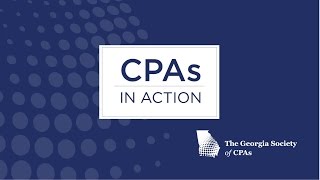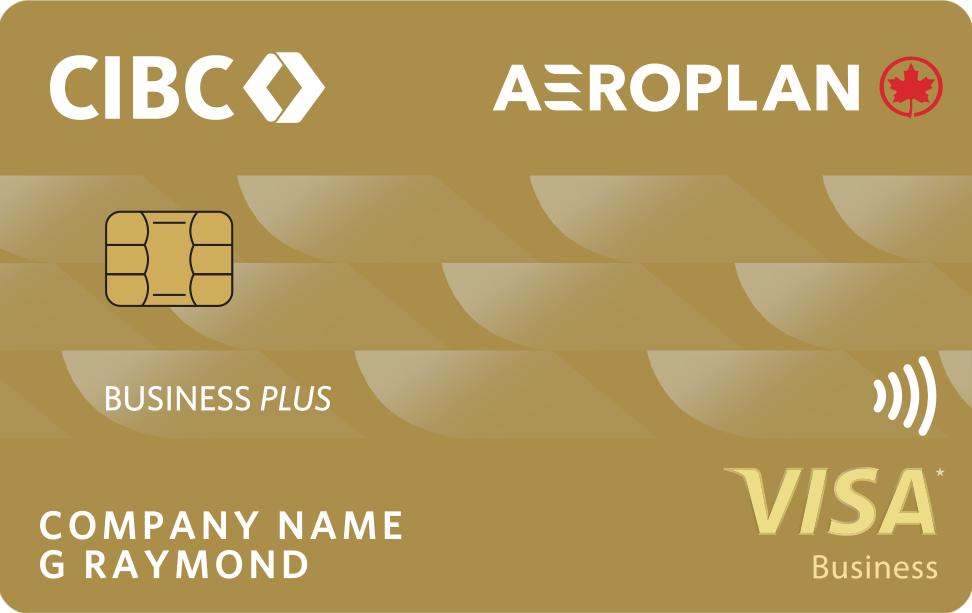
Double entry accounting means that a company's transactions can be recorded in two ways: debits or credits. Both the accounting equation approach, as well as the traditional, use two aspects in transactions. The real account debits are what is sent and the personal accounts credits are what is received. The same applies to credits and debits. They are kept in different books. These are the major concepts of double entry accounting. We hope you will be able to understand its fundamental concepts.
Credits and debits
Double entry accounting is used to record debits and credits. The main categories of double entry are the credit and the debit. Credits and debits are posted in the right column. The credit is always less than the debit. Credits are generally less than debits. The amount of the credit is then equal to the debit. The account balance is equal once the debit amount and credit are equal.

Daybooks
Daybooks are crucial documents in a double entry accounting system. Each transaction is kept in at least two ledgers. A debit goes to the customer ledger, while a charge is transferred to the general leadger account. The daybooks can be used to assist businesses in keeping track of their finances. Daybooks can't replace a nominal leadger, however. Before switching to double entries, you need to consider your needs and business objectives.
Nominal leadger
Transactions that a business makes are recorded under the account number and the date. You may have different types of journals. A special journal for cash transactions is one example. These journals track specific transactions and are generally not included in the general journal. The nominal ledger then summarises these special journal accounts. This document summarizes all transactions for the period. It also serves as the basis to financial statements that show cash flow.
Balance sheet
A double entry balance sheet has three components. They are assets, liabilities, equity, and equity. Assets refer to the assets of a company, which include cash, machinery and buildings. Liabilities represent what the business owes third parties. Equity refers the owners' equity in the company, which can include their contributions or share of profits. This accounting system is essential for understanding how each element affects the others.

Generally accepted accounting principles
The principle of double-entry bookkeeping is an important concept in financial accounting. It ensures that assets, liabilities and the total of these two numbers are equal. Double-entry bookkeeping is a very popular method that banks and investors prefer. Double-entry is also flexible, allowing for personalized adjustments. The basic principles of double-entry bookkeeping are as follows.
FAQ
What is Certified Public Accountant?
Certified public accountant (C.P.A.). A person who is certified in public accounting (C.P.A.) has specialized knowledge in the field of accounting. He/she is able to prepare tax returns and help businesses make sound business decisions.
He/She also keeps track of the company's cash flow and makes sure that the company is running smoothly.
What does it mean for accounts to be reconciled?
It involves comparing two sets. The "source" set is known as the "reconciliation," while the other is the "reconciled".
The source includes actual figures. The reconciled shows the figure that should be used.
If you are owed $100 by someone, but receive $50 in return, you can reconcile it by subtracting $50 off $100.
This ensures that there are no accounting errors.
What is the purpose accounting?
Accounting is a way to see a financial picture by recording, analyzing and reporting transactions between people. It enables organizations to make informed decisions regarding how much money they have available for investment, how much income they are likely to earn from operations, and whether they need to raise additional capital.
Accounting professionals record transactions to provide financial information.
This data allows the organization plan for its future business strategy.
It's essential that the data is accurate and reliable.
Why is reconciliation so important?
This is important as you never know when errors might occur. Mistakes include incorrect entries, missing entries, duplicate entries, etc.
These problems can have serious consequences such as inaccurate financial statements, missed deadlines and overspending.
Are accountants paid?
Yes, accountants often get paid hourly.
Accounting firms may charge an additional fee to prepare complex financial statements.
Sometimes accountants can be hired to do specific tasks. A public relations agency might hire an accountant to prepare reports showing the client's progress.
What does an auditor do?
An auditor looks for inconsistencies between the information given in the financial statements and the actual events.
He verifies the accuracy of all figures supplied by the company.
He also verifies that the company's financial statements are valid.
What training do you need to become a bookkeeper
Basic math skills are necessary for bookkeepers. They need to be able to add, subtract, multiply, divide, fractions and percentages.
They also need to know how to use a computer.
Many bookkeepers have a highschool diploma. Some even have college degrees.
Statistics
- BooksTime makes sure your numbers are 100% accurate (bookstime.com)
- "Durham Technical Community College reported that the most difficult part of their job was not maintaining financial records, which accounted for 50 percent of their time. (kpmgspark.com)
- According to the BLS, accounting and auditing professionals reported a 2020 median annual salary of $73,560, which is nearly double that of the national average earnings for all workers.1 (rasmussen.edu)
- Given that over 40% of people in this career field have earned a bachelor's degree, we're listing a bachelor's degree in accounting as step one so you can be competitive in the job market. (yourfreecareertest.com)
- Given that over 40% of people in this career field have earned a bachelor's degree, we're listing a bachelor's degree in accounting as step one so you can be competitive in the job market. (yourfreecareertest.com)
External Links
How To
How to do your bookkeeping
There are many different types of accounting software. Some are free, some cost money, but most offer basic features such as invoicing, billing, inventory management, payroll processing, point-of-sale systems, and financial reporting. The following is a brief overview of the most widely used types of accounting software.
Free Accounting Software: This accounting software is generally free and can be used only for personal purposes. Although the software may be limited in functionality, such as not being able to create your own reports, it is very easy to use. Many free programs also allow you to download data directly into spreadsheets, making them useful if you want to analyze your business's numbers yourself.
Paid Accounting Software (PAS): Paid accounts for businesses with multiple workers. They typically include powerful tools for managing employee records, tracking sales and expenses, generating reports, and automating processes. Although most paid programs require a minimum of one year to subscribe, there are many companies that offer subscriptions for as little as six months.
Cloud Accounting Software: Cloud accounting software allows you to access your files anywhere online, using mobile devices such as smartphones and tablets. This program is becoming more popular as it can save you space, reduce clutter, makes remote work much easier, and allows you to access your files from anywhere online. It doesn't require you to install additional software. All you need to access cloud storage is an Internet connection.
Desktop Accounting Software: Desktop accounting software is similar to cloud accounting software, except that it runs locally on your computer. Desktop software can be accessed from any device, including mobile devices, and works similarly to cloud software. However, unlike cloud, you have to install it on your computer before using it.
Mobile Accounting Software: This mobile accounting software was specifically developed to work on tablets and smartphones. These programs let you manage your finances while on the go. They offer fewer functions than desktop programs, but are still useful for those who travel a lot or run errands.
Online Accounting Software is specifically designed for small businesses. It contains all the functions of a traditional desktop application, as well as some additional features. The best thing about online software is the fact that it does not require installation. You simply log in to the site to start the program. Another benefit is that you'll save money by avoiding the costs associated with a local office.